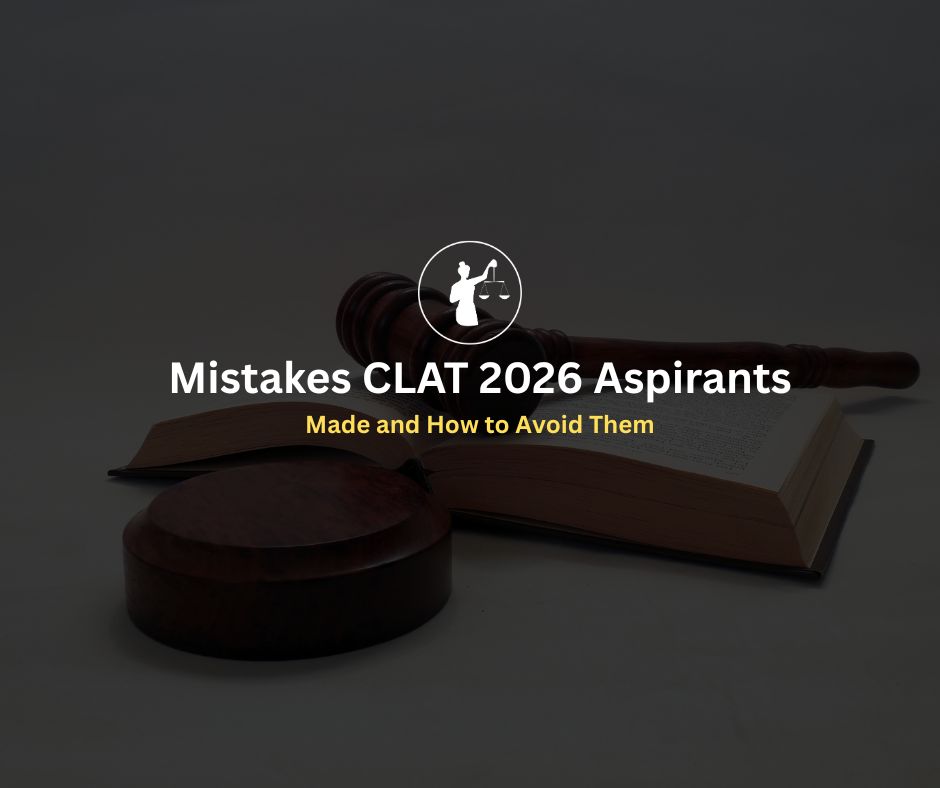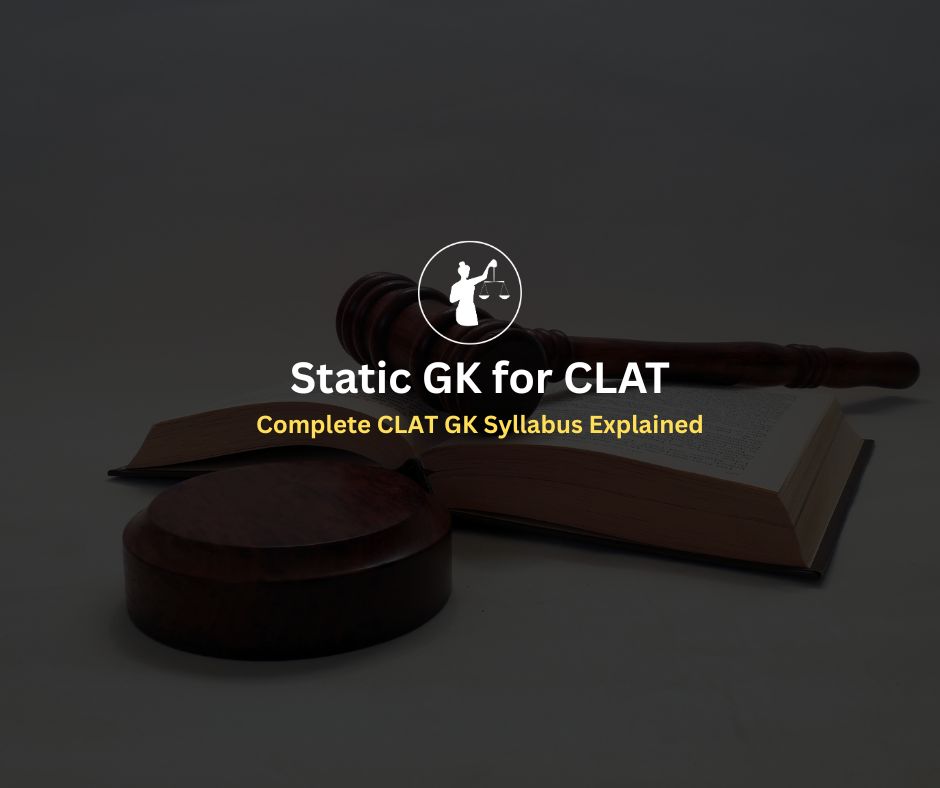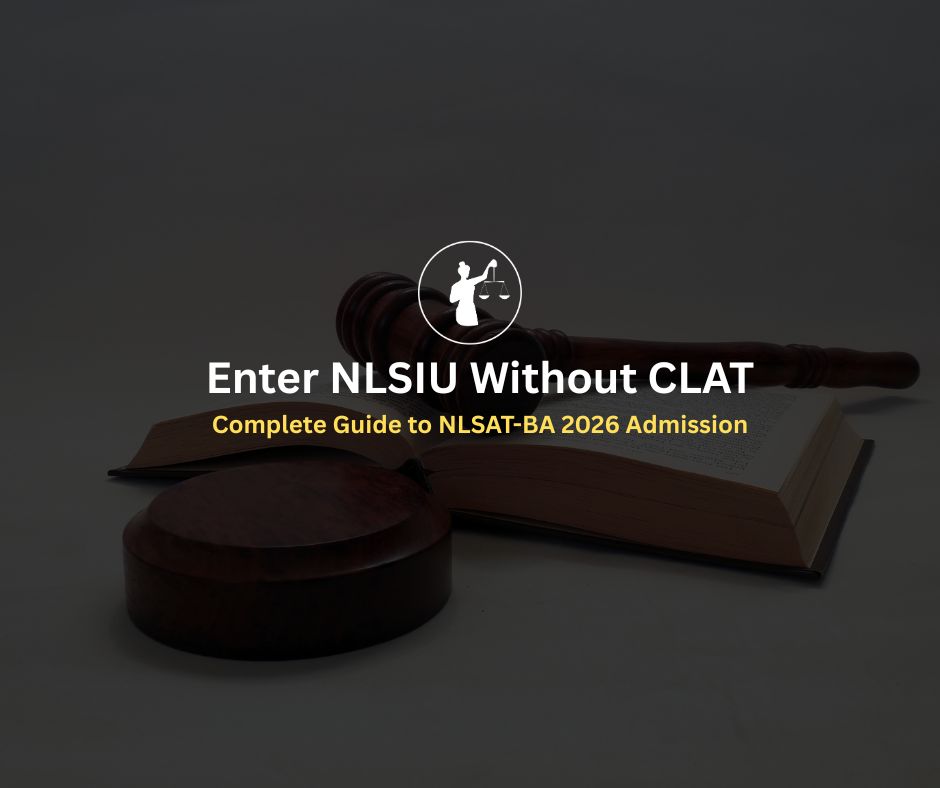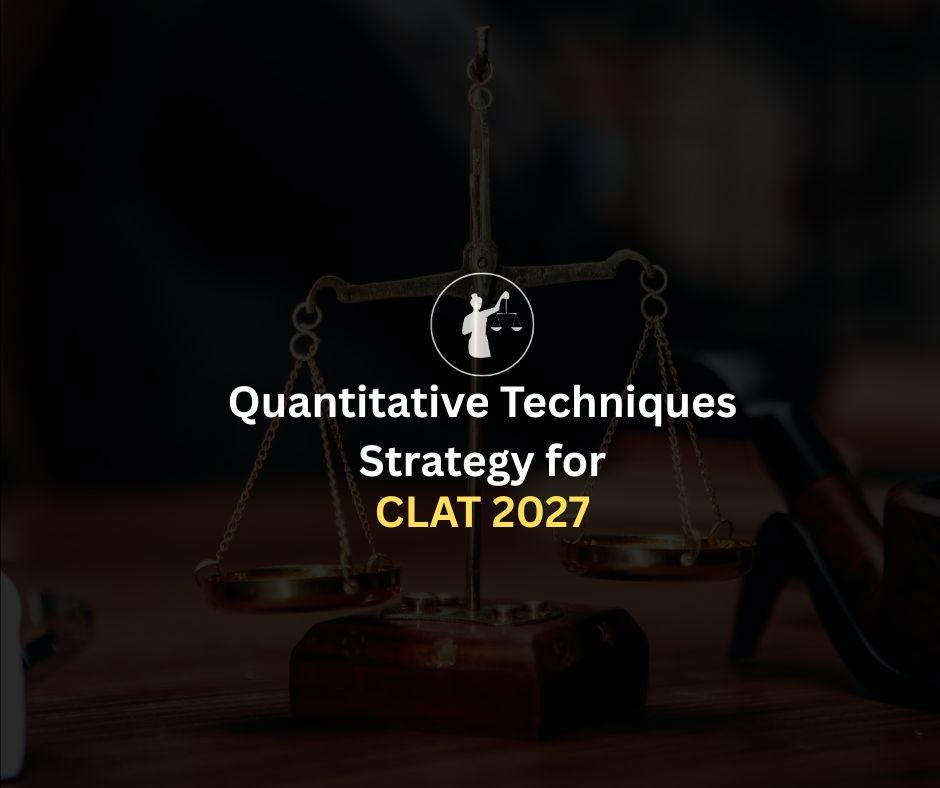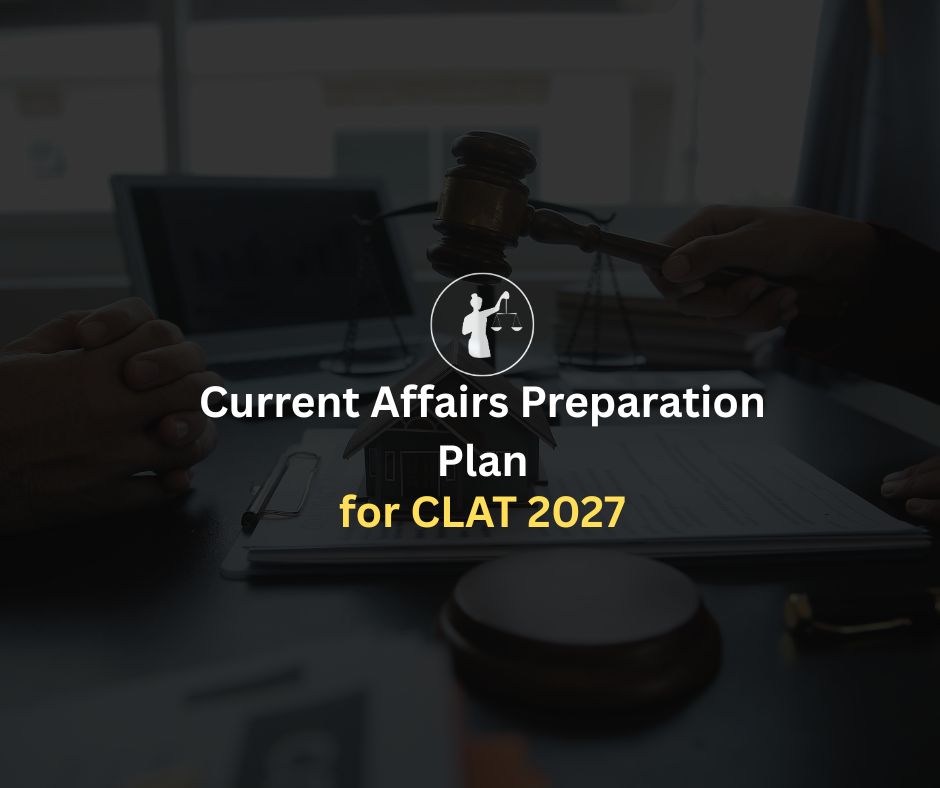The National Law School Admission Test (NLSAT) is a competitive examination designed to assess a candidate's legal aptitude, reasoning ability, and analytical skills. Among its various components, the legal aptitude and reasoning section stands out as one of the most critical parts, as it evaluates not only your knowledge of the law but also your ability to think like a legal professional
If you're preparing for NLSAT 2025, understanding the nuances of this section and employing a robust preparation strategy can give you a competitive edge. This comprehensive guide delves deep into the legal aptitude and reasoning section, providing you with insights, strategies, and resources to excel.
Join India’s best NLSAT Coaching plus Mentorship program for NLSAT 2025. NLTI has produced over 30 selections, including AIR 1, 2, 4, & 5 in NLSAT 2024 – the highest by any coaching institute.
The legal aptitude and reasoning section is designed to measure:
Legal Awareness: Your understanding of foundational legal concepts, constitutional principles, and current developments in the legal field.
Reasoning Skills: Your ability to analyze scenarios logically and draw sound conclusions based on provided information.
Problem-Solving Ability: Your skill in interpreting legal principles and applying them to hypothetical situations to derive solutions.
Crack NLSAT 2025: NLSAT Test Series
Start with fundamental laws such as:
The Indian Contract Act
The Indian Penal Code
The Constitution of India
Understanding these foundational laws helps you tackle principle-based and reasoning questions effectively.
Legal aptitude often involves specific terminology. Build a glossary of essential legal terms and principles to ensure clarity and quick recall during the exam.
Legal Awareness and Legal Reasoning by A.P. Bhardwaj
Universal's Guide to CLAT & LL.B. Entrance Examination
Regularly solve case-based questions to sharpen your analytical and reasoning skills. These questions often involve applying a given principle to a factual situation.
Memorizing principles isn’t enough—you need to know how to apply them. Develop a structured approach:
Identify the Principle: Clearly understand the rule or law in question.
Analyze the Facts: Examine the scenario presented in the question.
Apply the Principle: Relate the legal rule to the facts.
Draw a Conclusion: Arrive at a logical and legally sound answer.
Platforms like LiveLaw and Bar & Bench offer daily updates on legal affairs and significant judgments. These resources are invaluable for staying updated.
Go through previous NLSAT papers to familiarize yourself with the type of questions asked. Analyze the difficulty level and focus on frequently asked topics.
Solving previous year papers under timed conditions will improve your speed and accuracy, helping you manage time during the actual exam.
Joining an NLSAT-focused coaching program provides structured guidance and access to experienced mentors.
Mock tests replicate the real exam environment, helping you identify weak areas and improve time management. Regularly attempting these tests will also build your confidence.
When preparing for the Legal Aptitude and Reasoning section of NLSAT 2025, even the most dedicated aspirants can make mistakes that affect their performance. Being aware of these pitfalls and addressing them in your preparation can significantly enhance your chances of success. Let’s take a closer look at these common errors and understand how to avoid them.
The legal aptitude section often tests your awareness of current legal issues, recent amendments, and significant judgments. Neglecting this aspect can leave you unprepared for questions that evaluate your understanding of contemporary legal developments.
Landmark judgments are the backbone of legal studies and form a significant part of the NLSAT legal aptitude section. These cases help develop a foundational understanding of constitutional principles, legal doctrines, and judicial interpretations.
3. Skipping Practice
Legal reasoning questions demand consistent practice to develop the ability to apply legal principles effectively to various scenarios. Theoretical understanding alone isn’t enough—you need to refine your skills through practical application.
Preparing for the legal aptitude and reasoning section of the NLSAT requires a blend of knowledge, logical thinking, and consistent practice. With the right strategy and resources, you can confidently approach this section and excel in the exam.
Good luck with your NLSAT 2025 preparation!
